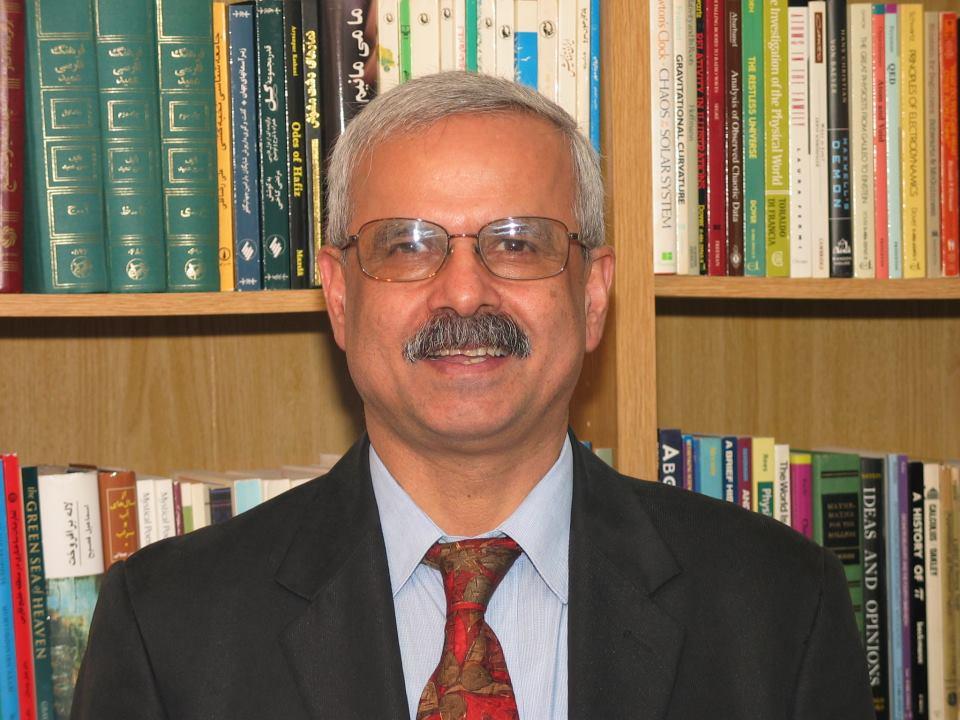By Jalil Roshandel for Trend
King Salman’s visit is a historic turning point in Saudi Arabia’s relations with Russia. Last visit of Vladimir Putin in 2007 had never been reciprocated by the Saudis; and the current visit had been rescheduled for several times during the past six months.
While we know what the Saudis will expect from Russia and what kind of incentives they will put on the table to encourage the Russians, we don’t really know if Russia could do much.
Saudis will, no doubt, agree with Bashar Assad to stay in power, expecting that Russia can put more pressure on Iran to withdraw its supported groups from Syria. Putin can do little as Russia joined Iran’s support for Bashar Assad at a time Saudis backed the Syrian opposition. In doing so they agreed with Iran. At this point the Saudis do not have the same strength and the influence among those groups once they supported in Syria. They may no more see it necessary or in line with their interest. But Bashar Assad has the upper hand by receiving support from Russia and Iran. This entire process has made Russia stronger. Now expecting Iran to cease its support or Russia to no more back Tehran requires stronger leverage than what the Saudis can offer.
Iran expects to have Moscow’s support on the grounds that, first, it is part of the solution and not part of the problem, and secondly, reassure Saudis that Iran can be trusted. Iran considers itself a common ally to Russia while the later has long term agenda for Iran. Russia expects to have longer relations with Iran in nuclear technology and military cooperation.
However, the Saudis will remain suspicious about Iran’s regional plans and influence. They would like to see Russia’s reassurances that Iran will be contained when needed. With a weakening “Islamic State” (IS or ISIS) terrorist group, Iran is emerging stronger and therefore its long-term goals for the region remain unclear. The militia groups Iran supports in Lebanon and Yemen as well as its role in Iraq will remain an argument between Saudis and Russians on one side, and Russia and Iran on the other.
Russians may even attempt to bring the two sides closer and solve their diplomatic disputes. Iranians and Saudis accuse each other of intervening in domestic and regional affairs. However, Russians will be in a predicament to abandon Iran on exchange with emerging relations with the Saudi Kingdom, despite the fact that the Saudis seem frustrated about their relations with the United States.
What leverages the Saudis have? Well, they can cooperate with Russia in terms of future oil prices within OPEC and they can also put their earlier promises of economic relations in action. Lots of what had been talked about between Russians and Saudis in the past have never been put into action. Now, it is the time to act.
In addition, Saudis, who are to some extent dismayed with President Trump’s promises on arms and other regional issues, can easily acquire Russian weapons, including the famous S-400. What is not quite clear is whether the Russians will feel comfortable to deliver S-400 to a territory where American military equipment and personnel have the upper hand.
What can aggravate the situation are the emerging issues in Iraqi Kurdish Province, where a change of regional configuration can work to the detriment of all sides involved.
Jalil Roshandel is a commentator and associate professor of political science at East Carolina University.






